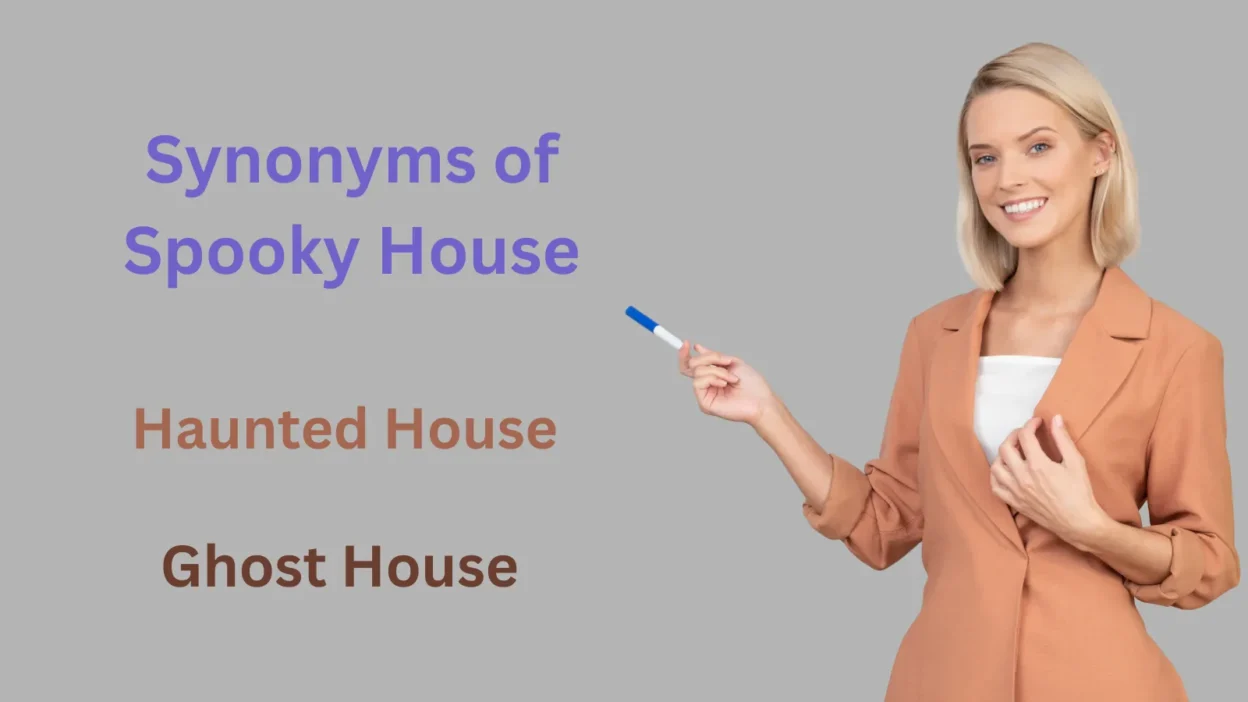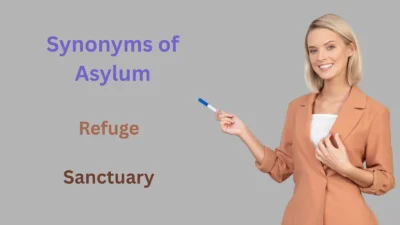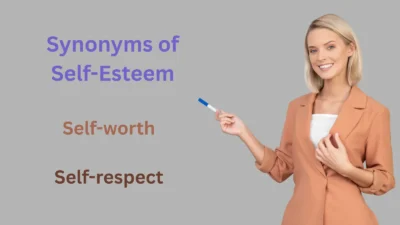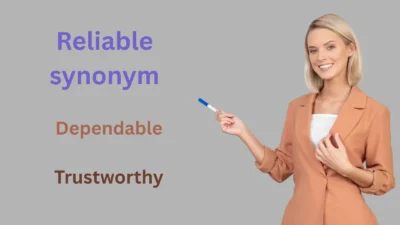Spooky House Synonyms, such as haunted mansion, ghostly home, and creepy residence, describe places that feel eerie, mysterious, or filled with supernatural energy. For example, people often say a spooky house gives them chills, as if unseen eyes are watching.
Using the right synonym for spooky house helps you create the perfect mood — whether you’re writing a horror story, describing Halloween decorations, or exploring folklore. Each term adds a unique touch, from old-world mystery to playful fright.
If you’re writing about haunted tales, scary movies, or festive themes, choosing precise synonyms for spooky house brings your descriptions to life with suspense and imagination. In this guide, we’ll explore alternatives, their meanings, and how to use them effectively.
What Does Spooky House Mean?
A spooky house is a home or building that feels eerie, unsettling, or haunted. It often evokes fear, curiosity, or a sense of supernatural presence. The term is commonly used in folklore, horror stories, and Halloween-themed contexts.
Spooky houses are often associated with:
- Haunted or abandoned buildings with mysterious histories
- Ghostly or supernatural activity that unsettles visitors
- Creepy architecture, such as dark corners, old wood, or creaking floors
- An atmosphere of suspense that creates fear or intrigue
It’s not just about being old or dark — a spooky house combines setting, mood, and imagination to make people feel uneasy, excited, or both.
30 Synonyms & Related Words for Spooky House Synonyms
1. Haunted House
Description: A dwelling believed to be inhabited by ghosts or spirits.
Example: “They spent the night in a haunted house for Halloween.”
Usage: Classic and universal; perfect for horror, folklore, or Halloween themes.
2. Ghost House
Description: A house where ghosts are said to appear.
Example: “The old ghost house at the hilltop is now a tourist attraction.”
Usage: Simple and direct; good for storytelling or children’s horror tales.
3. Abandoned House
Description: A deserted home that often feels eerie or haunted.
Example: “They stumbled upon an abandoned house covered in ivy.”
Usage: Neutral; suitable for realistic, non-supernatural contexts.
4. Cursed Mansion
Description: A grand home believed to bring misfortune or death to its occupants.
Example: “Legends say the cursed mansion has claimed every family who lived there.”
Usage: Dramatic; ideal for gothic or fantasy writing.
5. Derelict Home
Description: A neglected, decaying building with a gloomy appearance.
Example: “The derelict home stood as a reminder of forgotten times.”
Usage: Realistic or melancholic; emphasizes decay, not ghosts.
6. Phantom Manor
Description: A grand, eerie estate haunted by unseen forces.
Example: “The phantom manor loomed in silence at the edge of the forest.”
Usage: Poetic and gothic; literary or cinematic tone.
7. Creepy Cottage
Description: A small, isolated home that feels unsettling or sinister.
Example: “They approached the creepy cottage as thunder rolled overhead.”
Usage: Casual to horror; fits folk tales or Halloween scenes.
8. Eerie Residence
Description: A dwelling that gives a sense of mystery or unease.
Example: “Something about the eerie residence made him hesitate to enter.”
Usage: Formal; good for descriptive or atmospheric writing.
9. Sinister Abode
Description: A place with dark or malevolent energy.
Example: “The sinister abode seemed to watch every passerby.”
Usage: Literary and dark; conveys dread or evil presence.
10. Abandoned Manor
Description: A once-grand estate now empty and crumbling.
Example: “The abandoned manor was shrouded in fog and silence.”
Usage: Historical or gothic tone; less about ghosts, more about atmosphere.
11. Shadowed House
Description: A dark or mysterious home hidden from view.
Example: “They could barely see the shadowed house beyond the trees.”
Usage: Poetic; creates suspense and mood.
12. Possessed Residence
Description: A house under control of a demonic or supernatural force.
Example: “They performed an exorcism on the possessed residence.”
Usage: Horror or religious context; very strong supernatural tone.
13. Gothic Mansion
Description: A dark, ornate, and eerie structure often tied to gothic fiction.
Example: “The gothic mansion stood against the storm like a memory of sorrow.”
Usage: Classic, atmospheric; fits literature, art, or fantasy.
14. Deserted Home
Description: A home left uninhabited and quiet, creating unease.
Example: “The deserted home creaked in the wind.”
Usage: Neutral to eerie; realistic or minimal horror.
15. Forsaken House
Description: A home that has been abandoned and forgotten.
Example: “No one dared to enter the forsaken house after the tragedy.”
Usage: Emotional and poetic; conveys sadness and mystery.
16. Macabre Mansion
Description: A large home associated with death or dark beauty.
Example: “The macabre mansion was filled with portraits of long-dead ancestors.”
Usage: Gothic or horror; formal and descriptive.
17. Bewitched House
Description: A house enchanted or cursed by magic.
Example: “The bewitched house changed shape every night.”
Usage: Fantasy or folklore; magical rather than ghostly.
18. Spectral Dwelling
Description: A home haunted by spirits or ghostly presences.
Example: “The spectral dwelling glowed faintly under the moonlight.”
Usage: Literary and poetic; formal ghost-story tone.
19. Hallowed Hall
Description: A grand, ancient place with spiritual or eerie significance.
Example: “They wandered through the hallowed halls, whispering with fear.”
Usage: Literary, dramatic; often metaphorical.
20. Abode of Shadows
Description: A poetic phrase for a dark, haunted house.
Example: “The abode of shadows stood silent in eternal twilight.”
Usage: Highly literary or symbolic; perfect for poetry and fantasy.
21. Creepshow Cabin
Description: A rustic yet frightening dwelling.
Example: “The creepshow cabin was perfect for their horror movie shoot.”
Usage: Informal, pop-culture tone; great for creative writing.
22. Unholy Mansion
Description: A cursed or blasphemous place associated with dark rituals.
Example: “Rumors spread about unholy rituals in the mansion’s cellar.”
Usage: Horror or religious themes; intense emotional tone.
23. Poltergeist House
Description: A home haunted by noisy or mischievous spirits.
Example: “Strange bangs and moving objects made it a classic poltergeist house.”
Usage: Paranormal-focused; fits ghost stories or investigations.
24. Wraith’s Lair
Description: A poetic or fantasy phrase for a haunted dwelling.
Example: “They ventured into the wraith’s lair despite the warnings.”
Usage: Dark fantasy or gothic fiction; adds mythical quality.
25. Tomb-Like House
Description: A cold, silent home that feels lifeless or foreboding.
Example: “The tomb-like house gave him chills the moment he entered.”
Usage: Descriptive, symbolic; conveys lifeless atmosphere.
26. Abandoned Villa
Description: A large, empty residence once filled with luxury.
Example: “The abandoned villa still echoed with faint laughter.”
Usage: Gothic or melancholic; emphasizes lost grandeur.
27. Ghastly Mansion
Description: A horrifying or ghostly house.
Example: “The ghastly mansion was said to devour the souls of intruders.”
Usage: Strong horror tone; vivid and emotional.
28. Dilapidated Home
Description: A structure in severe disrepair, evoking sadness or unease.
Example: “The dilapidated home sagged under the weight of time.”
Usage: Realistic, atmospheric; no direct supernatural meaning.
29. Charnel House
Description: Historically, a building storing bones; metaphorically, a place of death.
Example: “The war-torn manor had become a charnel house.”
Usage: Historical or gothic; very dark tone.
30. Nightmare Dwelling
Description: A house that evokes fear or psychological dread.
Example: “Every night, she dreamed of the nightmare dwelling at the edge of town.”
Usage: Poetic or horror; perfect for symbolic or dreamlike writing.
How to Choose the Right Synonym
The phrase you choose for “spooky house” should fit your genre, tone, and emotional goal:
- Classic Horror: Haunted house, cursed mansion, ghastly mansion, poltergeist house
- Realistic Decay: Abandoned house, derelict home, dilapidated home
- Gothic or Literary: Phantom manor, sinister abode, abode of shadows, charnel house
- Fantasy or Folklore: Bewitched house, wraith’s lair, unholy mansion
- Casual or Playful: Creepy cottage, ghost house, creepshow cabin
For storytelling, vary your terms — use “abandoned” or “derelict” for early foreshadowing and “haunted” or “possessed” once the mystery deepens. In poetry or dark fiction, lean toward a spectral dwelling or abode of shadows for a lyrical tone.
Conclusion:
Exploring Spooky House Synonyms helps you capture eerie, mysterious, and haunted vibes with precision. Words like haunted mansion, ghostly home, creepy residence, and phantom dwelling each highlight a different aspect — from fear and suspense to supernatural intrigue.
Using the right synonym allows you to create the perfect mood in writing, whether for horror stories, Halloween content, or spooky descriptions. These alternatives make your language more vivid, immersive, and chilling, bringing haunted settings to life for your readers.



